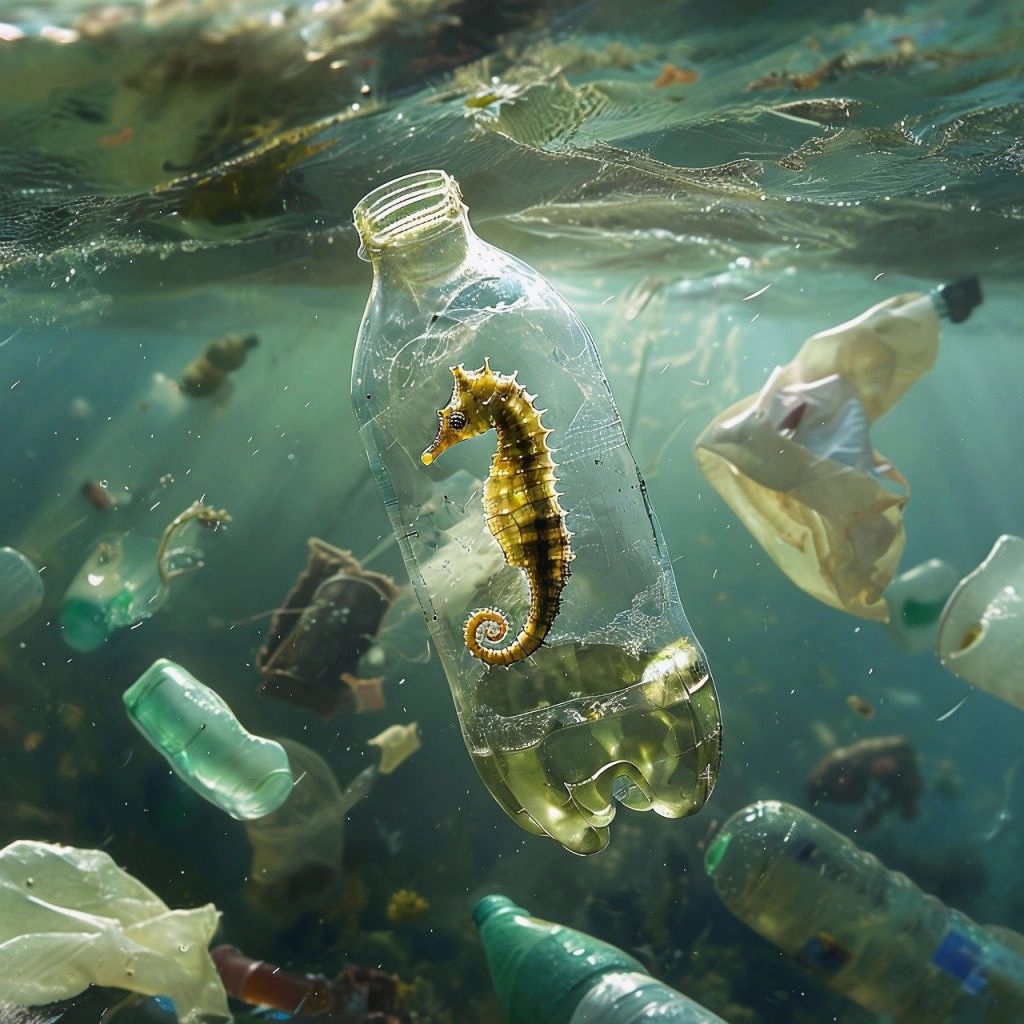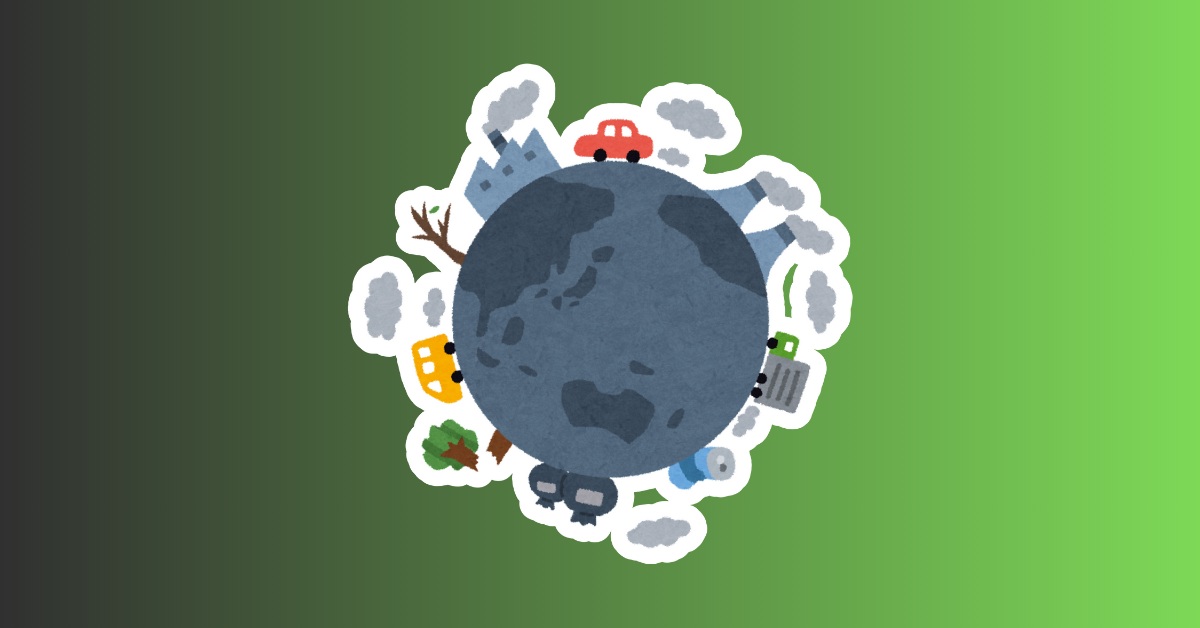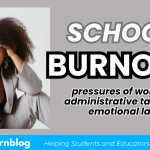AQI Inflated through the years
A significant portion of pollution is air pollution, which accounts for nearly 57% of pollution based on data released by ResearchGate over the past four years.
With each passing year, the Air Quality Index (AQI) in the country reaches 34-36. According to Pat Villarica, a journalist for Research Gate, the highest AQI was recorded in Bulacan at 48 in June 2023, based on data from the organization.
Rizal ranked second with an AQI of 45, while areas in the National Capital Region (NCR) ranged from 37 to 44 AQI in 2023, which is a significant increase from only 30 AQI in 2015.
General Trias in Cavite has also risen to the second highest pollution level, reaching 40 AQI this year compared to 36 AQI in 2021, based on data from the Air Plumes Laboratory from 2015-2018.
A high Air Quality Index (AQI) is a sign of poor air quality, which can lead to significant health issues. Individuals exposed to elevated AQI levels may experience respiratory problems, such as asthma and bronchitis, as well as increased risk of cardiovascular diseases, including heart attacks and strokes.
Vulnerable populations, such as children, the elderly, and those with pre-existing health conditions, are particularly at risk. Long-term exposure can result in diminished lung function and increased mortality rates, making air pollution a serious public health concern.

The environmental impacts of high AQI levels are equally concerning. Air pollution can damage ecosystems, harm wildlife, and disrupt plant growth, leading to biodiversity loss. Moreover, pollutants like carbon dioxide contribute to climate change, further exacerbating global warming.
Additionally, poor air quality reduces visibility, creating haze that can affect outdoor activities and tourism, thereby impacting local economies.
Furthermore, air quality deterioration can negatively affect agriculture, resulting in reduced crop yields and higher food prices. To mitigate these effects, concerted efforts to improve air quality through pollution control and sustainable practices are essential.
Deteriorating Air Quality
The Air Quality Index of the Philippines has increased to 34 annually. The Department of Environment and Natural Resources (DENR) expects this to rise in the coming years. Cavite is one of the provinces in the Philippines with a high AQI, which climbed to 39 this year due to worsening climate change conditions.
They also released data showing that the country ranked 43rd out of 50 countries with the cleanest air this year, down from 40th in 2022.
A higher AQI indicates poorer air quality in an area, as noted by the DENR.
Chemicals in the Air
Plastics are among the chemicals contributing to air pollution. Whenever we use them, many burn plastic, leading to carbon dioxide emissions and releasing harmful chemicals into the air, which negatively impacts both health and the environment.

Plastics are identified as a significant reason for the high pollution levels in our world and country, prompting the DENR to call for alternative substitutes to the plastics we use.
Air pollution greatly affects climate change, and it can impact not only people’s livelihoods but also their health.
Discipline and Unity
We can no longer turn back time; we are in a critical state of pollution largely due to our actions, such as plastic use and reliance on coal for energy instead of renewable resources like wind energy.
Discipline and unity are essential to address the declining air quality in our areas. Using paper bags and proper waste disposal can significantly contribute to mitigating this issue.
We need to consider the future and take steps to restore the normal quality of our air. A commitment to discipline can make a substantial difference in regaining the clean air quality of our environment.

About the Author
Cahrl Jayson Reyes is a 7-year feature writer who has passion to inspire co-journalists. Currently a feature writer and a publisher of a school publication. [Among Charl’s accolades as of writing is him becoming a Regional Schools Press Conference (RSPC) Qualifier in ScieTech Writing, and Division Schools Press Conference (DSPC) qualifier in Feature Writing.]











